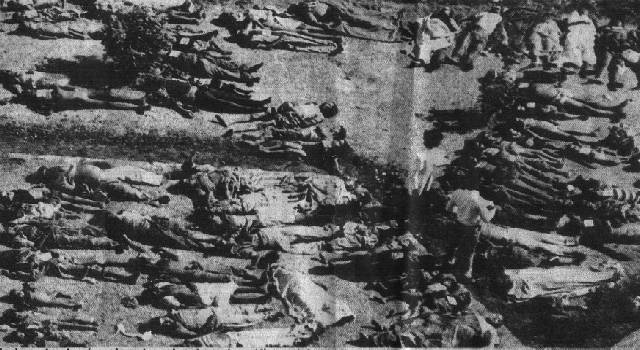Pesticides And People
Each year, over 900 people are treated for pesticide poisoning. Laboratory studies show that pesticides can cause health problems such as birth defects, nerve damage, cancer, and other effects that might occur over a long period of time. However, these effects depend on how toxic the pesticide is and how much of it is consumed. Some pesticides also pose unique health risks to children. Approximately 165 pesticidal chemicals which have been classified as being known or suspected human carcinogens

 Food
Food
Residues of pesticides have been found in food.
Air
Some pesticides are applied using aircraft with the result that the pesticide drifts in the air. Aerial spraying is inefficient with losses from the target area up to 50% and drift being detected up to 500 meters downwind. At least 11 of the pesticides sprayed by aircraft are suspected of causing cancer and genetic or birth defects in animals.
 This image was copied from http://www.aerotechclovis.com/ without permission.
This image was copied from http://www.aerotechclovis.com/ without permission.
Water
Between 1985-1987, the limits of pesticide residues in public water was broken 300 times.
Pesticides have been related to asthma.
Bhopal
On 3rd December 1984, in Bhopal, India, an extremely toxic gas, methylisocyanate (MIC) escaped from a pesticide plant.
 This image was copied from http://www.ucaqld.com.au/ without permission.
This image was copied from http://www.ucaqld.com.au/ without permission.
MIC is used as an intermediary in the production of a few pesticides, it is biologically very active and poisonous in concentrations greater than 0.02ppm. Its effect on people is nose and throat irritation in low doses and suffocation at 21ppm. Approxiamtely 200,000 people were affected by the gas. Survivors have suffered permanent damage to their vital organs, women have given birth to babies suffering from mental retardation or deformities. Stillbirths, abortion and sterility are other factors associated with those exposed to the gas.
The Bhopal tragedy





